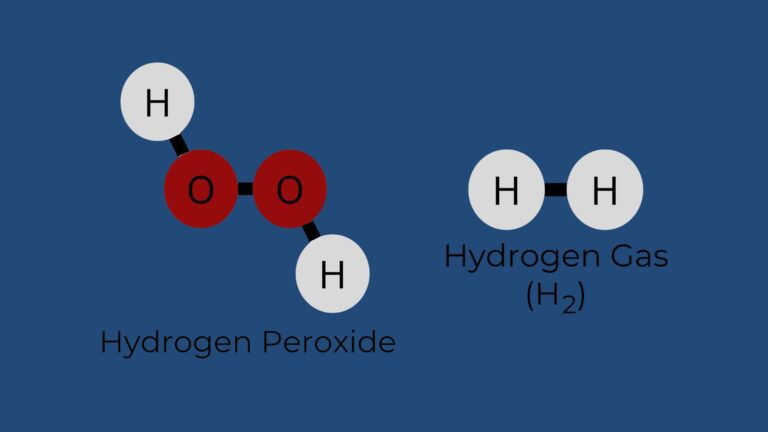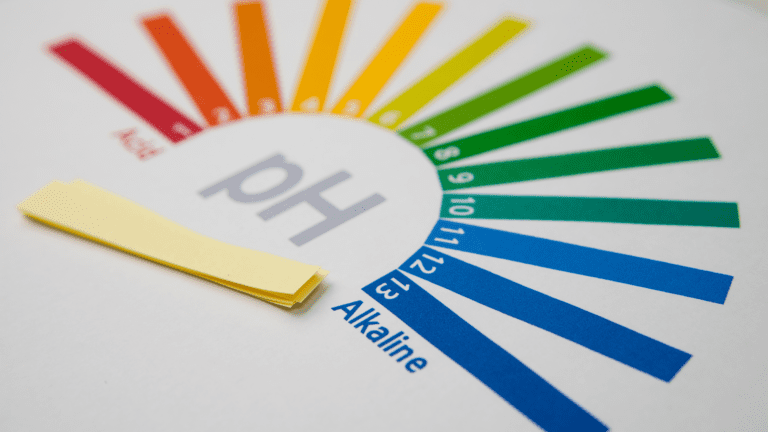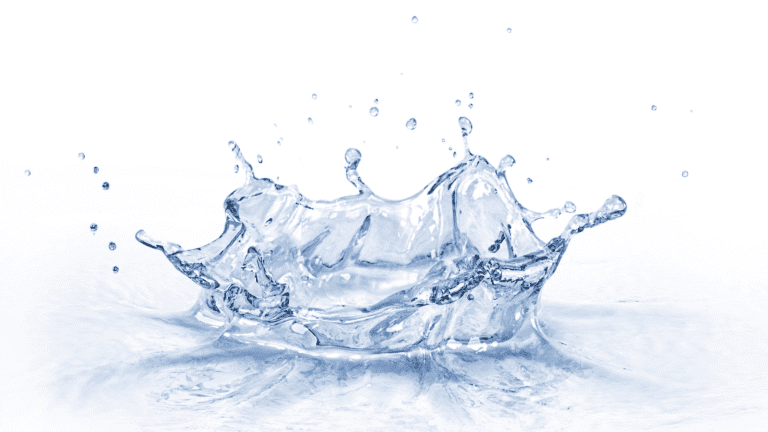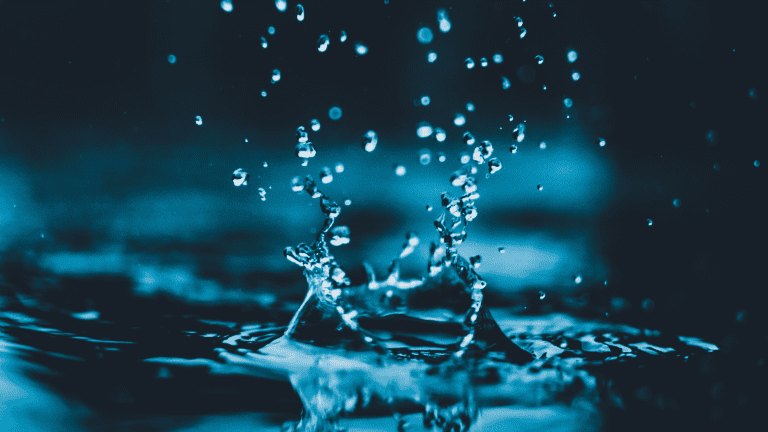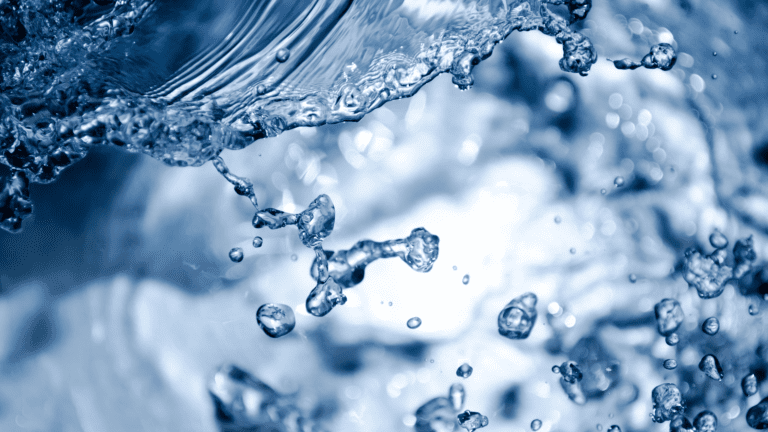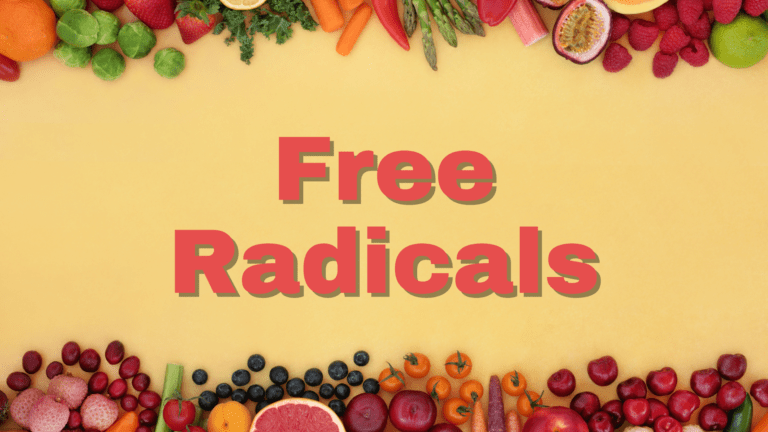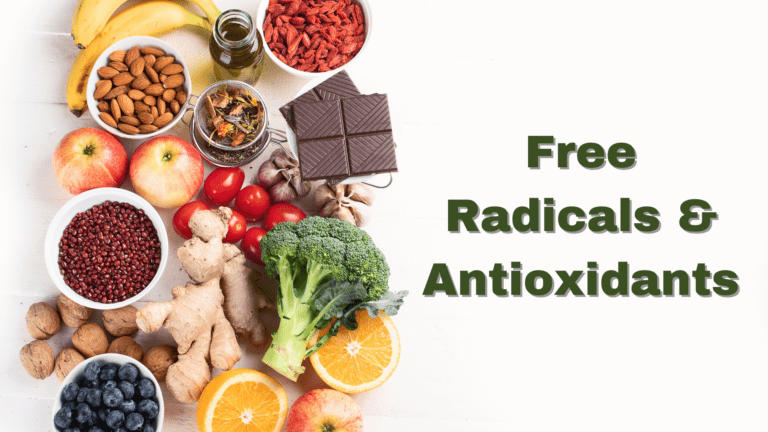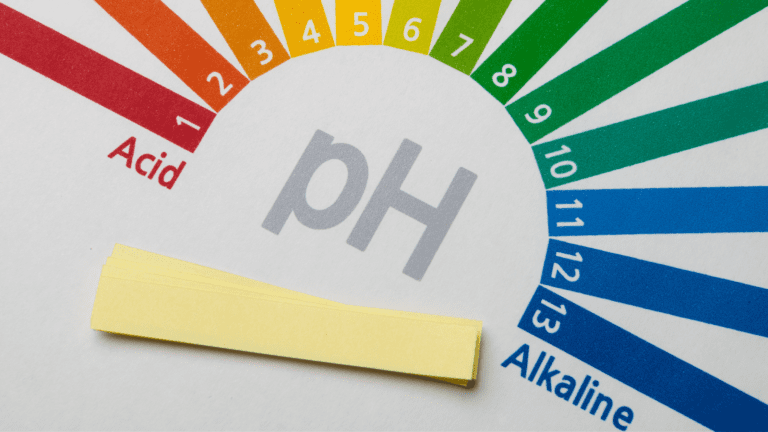Can Hydrogen Peroxide Make Hydrogen Gas?
How Hydrogen Peroxide Decomposes: Water and Oxygen Sometimes people confuse molecular hydrogen (H2) and hydrogen peroxide (H2O2), thinking they are somehow the same or can create hydrogen water. While hydrogen peroxide (H2O2) can indeed decompose, it typically separates into water and oxygen gas, not hydrogen gas. The decomposition reaction looks like this: 2H2O2 → 2H2O…

